The Impact of Imprint
In which Norm welcomes Via Vision's excellent new Imprint editions of BUG and THE ORPHANAGE.
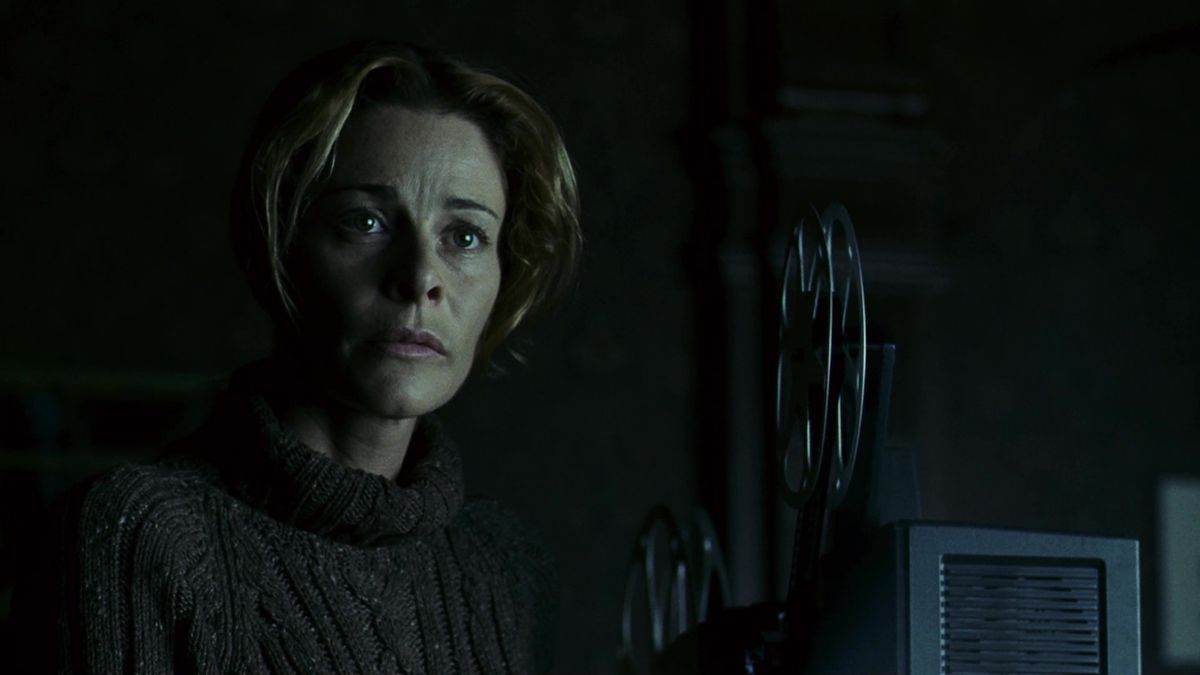
You know how I usually cover new releases in the free edition during the week, and restorations and special editions on the weekend? Well, rules are made to be broken, and I wanted to spend a little time celebrating the tremendous work being done by Australia’s Via Vision.
Via Vision Entertainment is a comprehensive distributor of movies and television on Blu-ray and DVD, with the occasional 4K release thrown in; over the years, the company has amassed a considerable library and struck deals with European rights-holders like StudioCanal and American studios like Paramount, Sony, MGM and Universal to create comprehensive new editions of library titles that might otherwise have languished in vaults.
Every month, Via Vision’s Imprint banner rolls out near-definitive editions of films that might have initially seemed unlikely candidates for such consideration. Library titles I’d never expected to see treated with care, let alone reverence – Lynne Littman’s Testament, Uli Lommel’s Georgia, Roger Donaldson’s The Bounty, Sam Peckinpah’s Cross of Iron, Steven Zaillian’s Searching for Bobby Fischer and Alan Rudolph’s Mrs. Parker and the Vicious Circle – have all been given the discs they deserve, and over the last year and a half Imprint’s boxed sets have grown more ambitious and eccentric. The Imprint titles are also region-free by design, meaning the usual barriers to importation need not apply.
On Halloween night, I received Via Vision’s latest offering: A deluxe two-disc set of J.A. Bayona’s The Orphanage, and a single-disc edition of William Friedkin’s Bug. I couldn’t have asked for a better double-bill – two films that both exist within a space we understand as horror, but go so much deeper into their stories. (And they premiered within a few short months of one another, which makes for a nice cultural snapshot.)
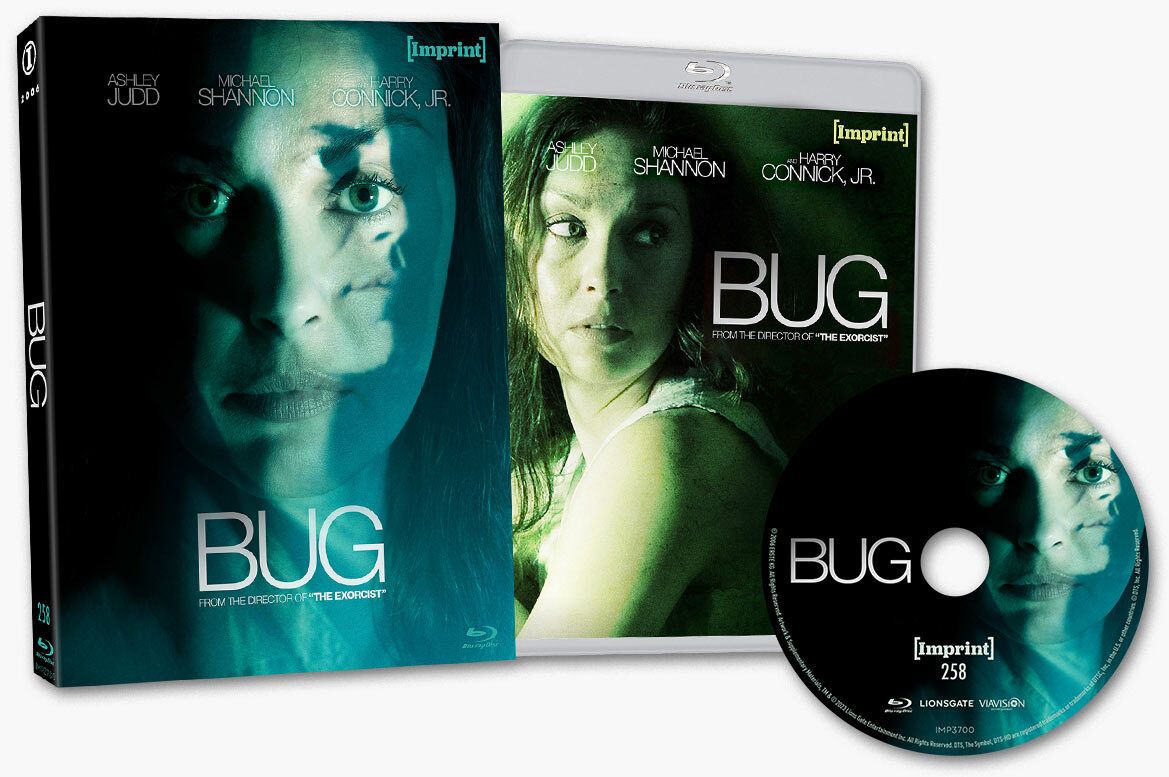
Bug was the first of Friedkin’s movies that I wanted to revisit when the news of his death broke this summer; arriving in the fall of 2006, it was far from his final picture but it feels like a summation of his whole deal: The cinematic immediacy he brings to material originally conceived as theater, the sense of being trapped inside a genre narrative alongside the characters, the unrelenting push past logic into raw, desperate feeling. He’d made his bones by turning Harold Pinter’s The Birthday Party and Mart Crowley’s The Boys in the Band into movies, and his last few features – Bug, Killer Joe and the posthumously-released The Caine Mutiny Court-Martial – took him back to stage adaptations. I think Bug is the best of them, a master class in the steady, merciless escalation of tension.
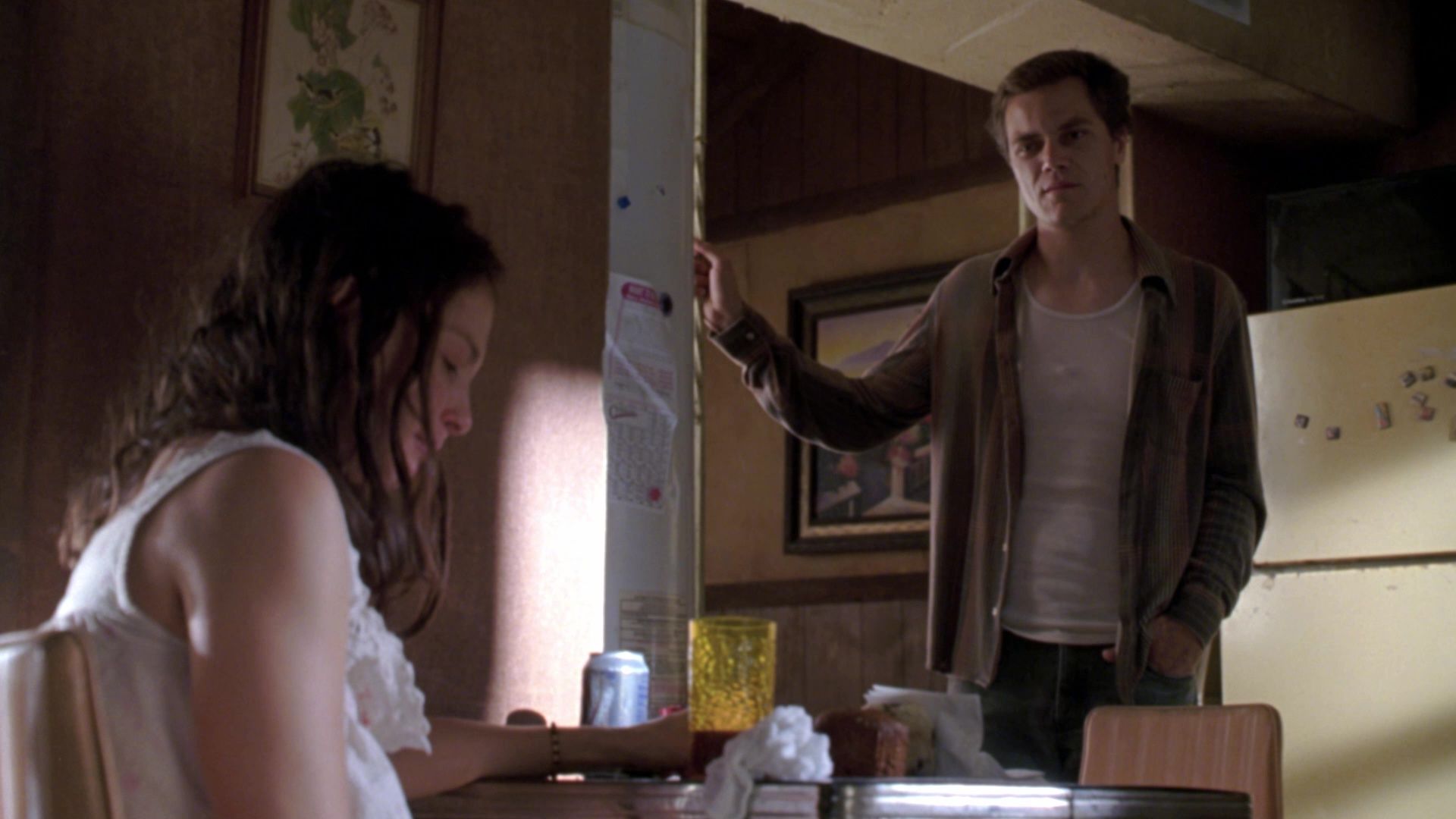
Bug stars Ashley Judd as Agnes, an Oklahoma waitress doing her best to isolate herself from the world after suffering a terrible loss and surviving an abusive relationship– one which her ex-husband (Harry Connick, Jr.) seems bent on reviving. And then, one day, Agnes’ friend R.C. (Lynn Collins) introduces her to this guy she’s just met: Peter (Michael Shannon), who is polite and kind and doesn’t seem to want anything from her. He has a couple of weird ideas about the way the world works, but nobody’s perfect.
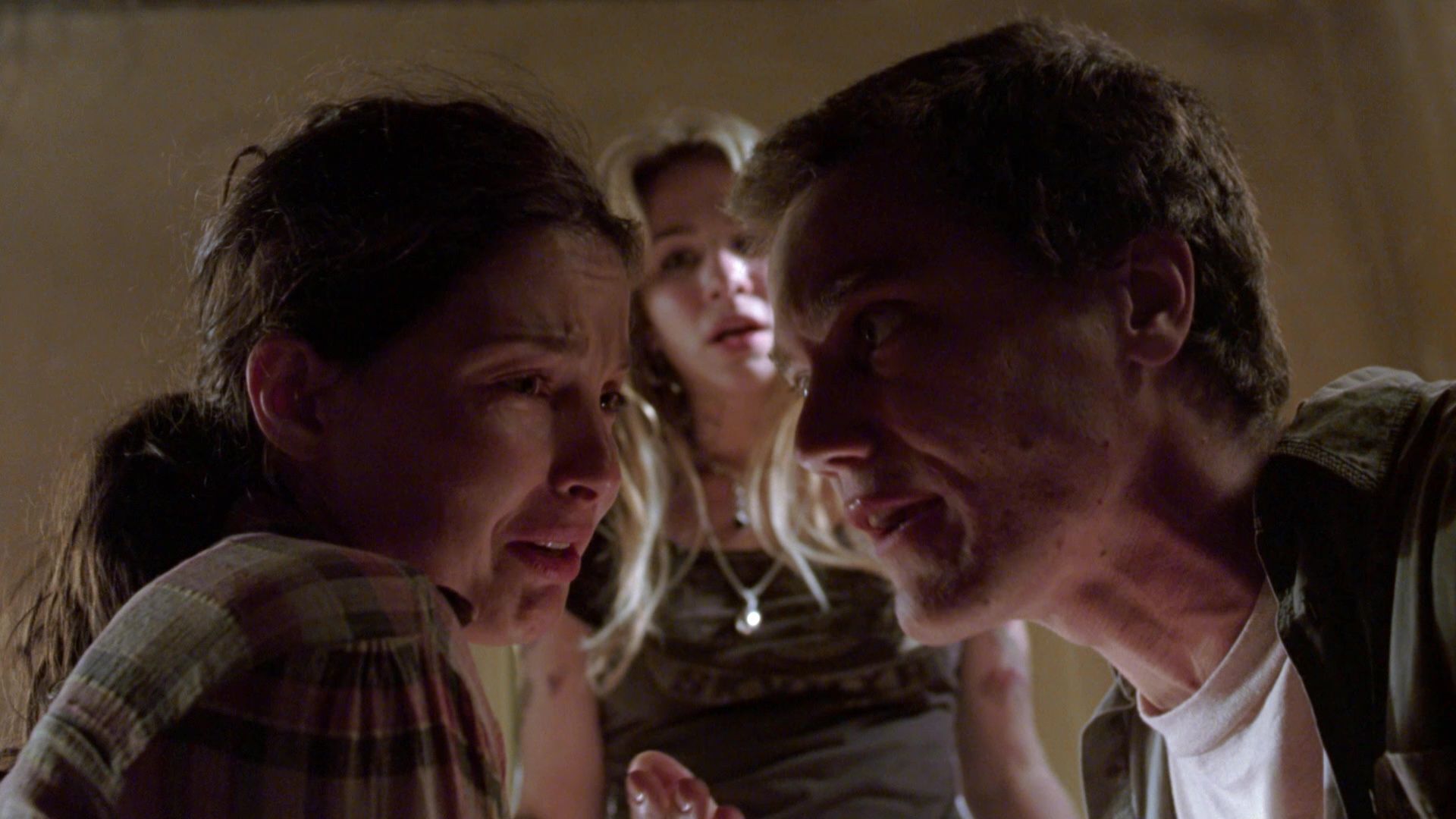
If you’re familiar with the movie, you know where this goes, and how terrifyingly imperfect Peter truly is; and if you don’t, I hesitate to go any further on the details. Suffice to say no one was looking to Michael Shannon to play a polite and kind person in 2006 – or maybe even a decade earlier, when he originated the role on the London stage – and Peter’s pleasant demeanor is a façade for a frothing conspiracy theorist. After what we’ve all experienced over the last few years, what I once thought was dramatic license now looks far more realistic … and the way Peter infects Agnes with his mania over the course of a single night, tweaking his delusions to include and explain the very specific misery she’s endured, feels nightmarishly credible. So: Yeah, Bug holds up. And then some.
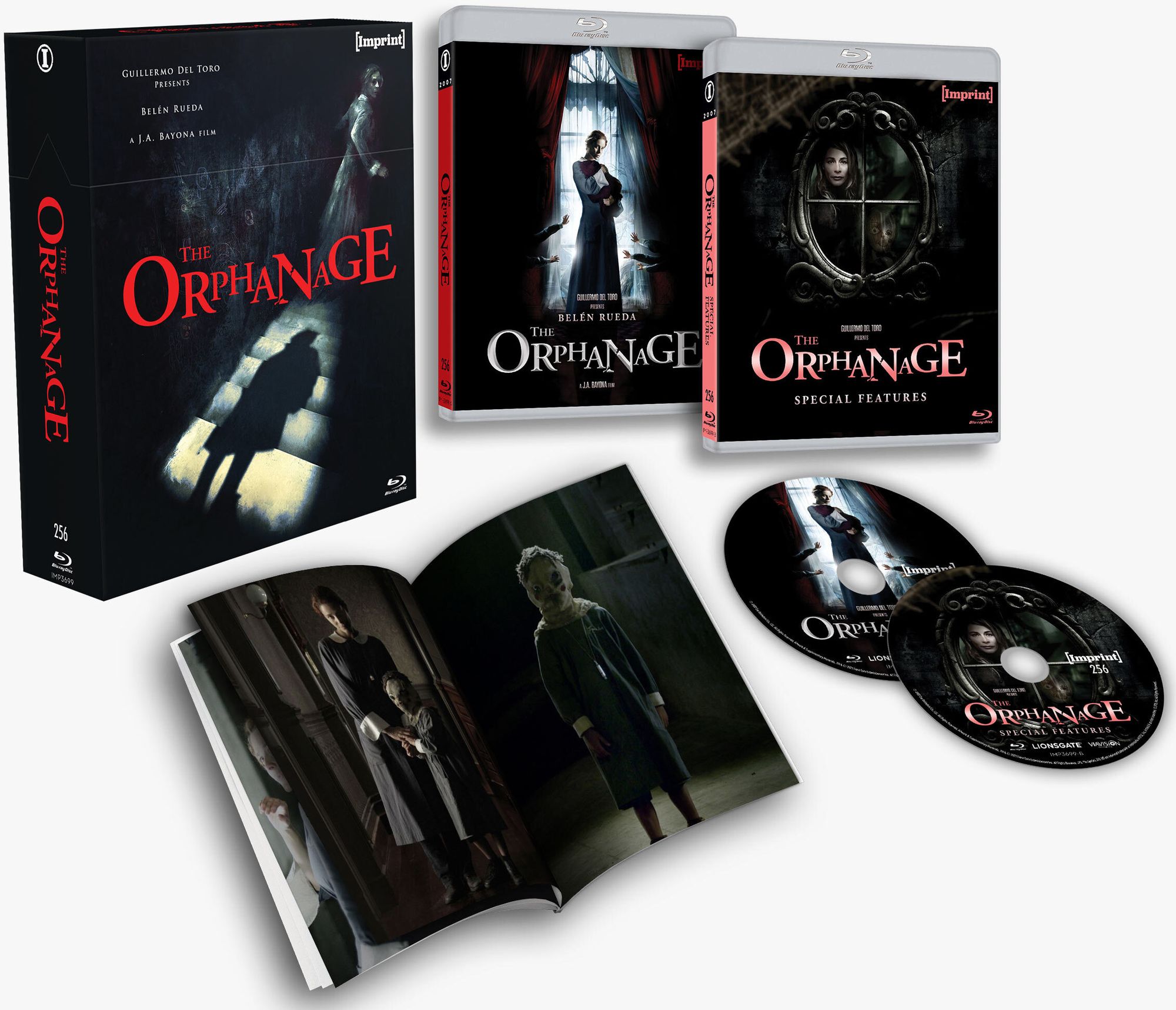
The Orphanage holds up too, and in a quirk of contrast its own rear-view status is the mirror image of Bug’s; it’s Bayona’s first feature rather than one of his last, and it now reads like the Rosetta stone for his entire career. A carefully designed genre work that starts as one thing and ends as another? A tale of parents and children struggling to reconnect before it’s too late? A narrative structured around set pieces that doesn’t always get the connective tissue right? It’s all here, baby, as it would be in various balances in his subsequent features The Impossible, A Monster Calls and Jurassic World: Fallen Kingdom. I have not yet seen his latest, Society of the Snow, but I’m looking forward to catching it next month.
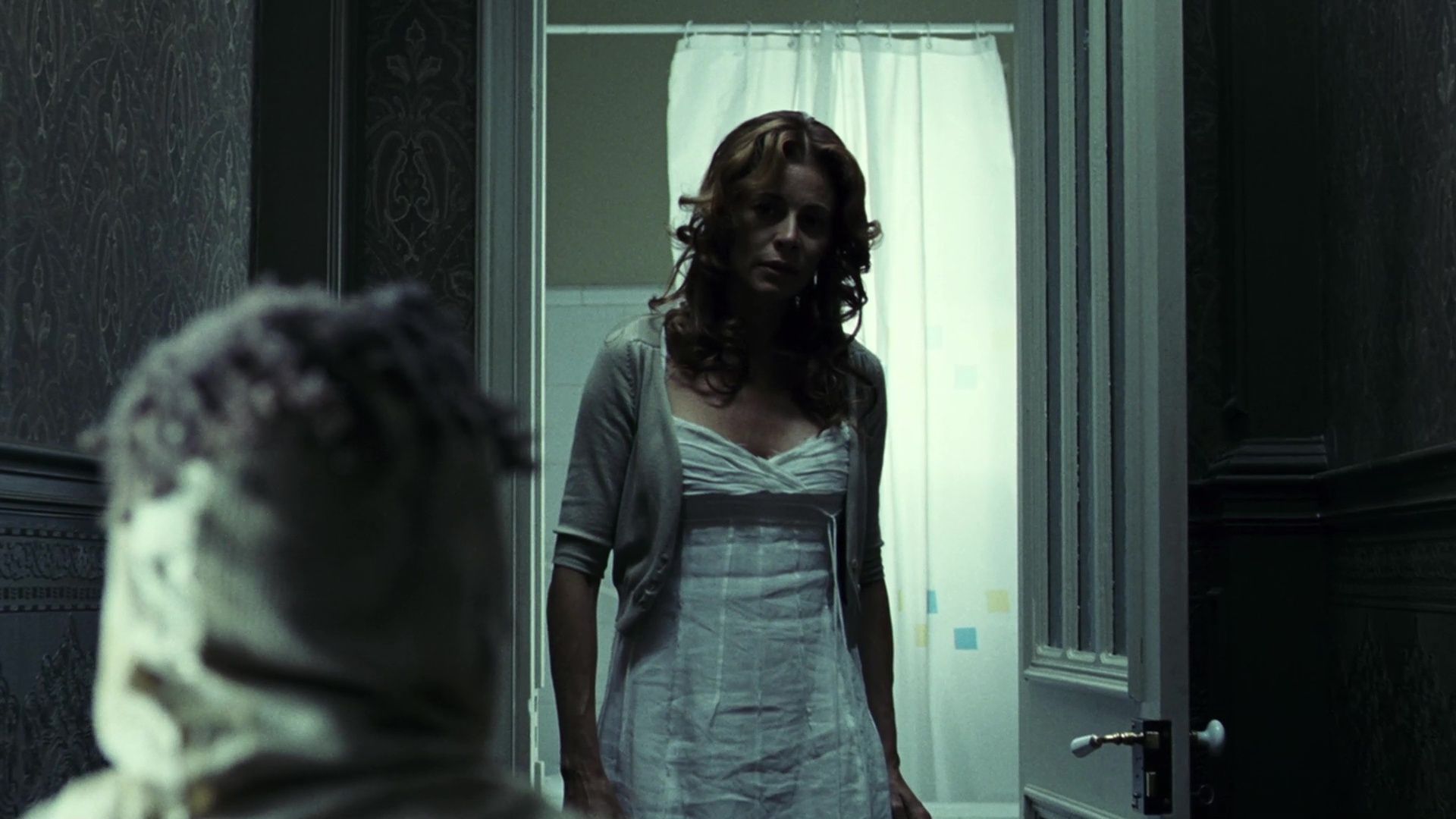
In isolation, though, The Orphanage just plain works. It’s a ghost story that never quite tips into outright horror, existing in the same dramatic space as Nicolas Roeg’s Don’t Look Now or Guillermo Del Toro’s The Devil’s Backbone and Pan’s Labyrinth. (Del Toro, of course, was Bayona’s executive producer here, using his not-inconsiderable juice to get Pan’s distributor New Line Cinema to handle The Orphanage’s North American release.)
The film follows Laura (Belén Rueda), an idealistic young mother who moves with her husband Carlos (Fernando Cayo) and their son Simón (Roger Princep) to the seaside orphanage where she was raised with the intention of reopening the place as a home for children with disabilities. But no sooner has she begun her good work than Simón goes missing, sending Laura into a bottomless despair that isn’t helped by the sense that she’s sharing the orphanage with a restless spirit that may be the one Simón insisted he was talking to before he disappeared. Or perhaps it’s Simón himself, trying to send her messages from wherever he now exists.
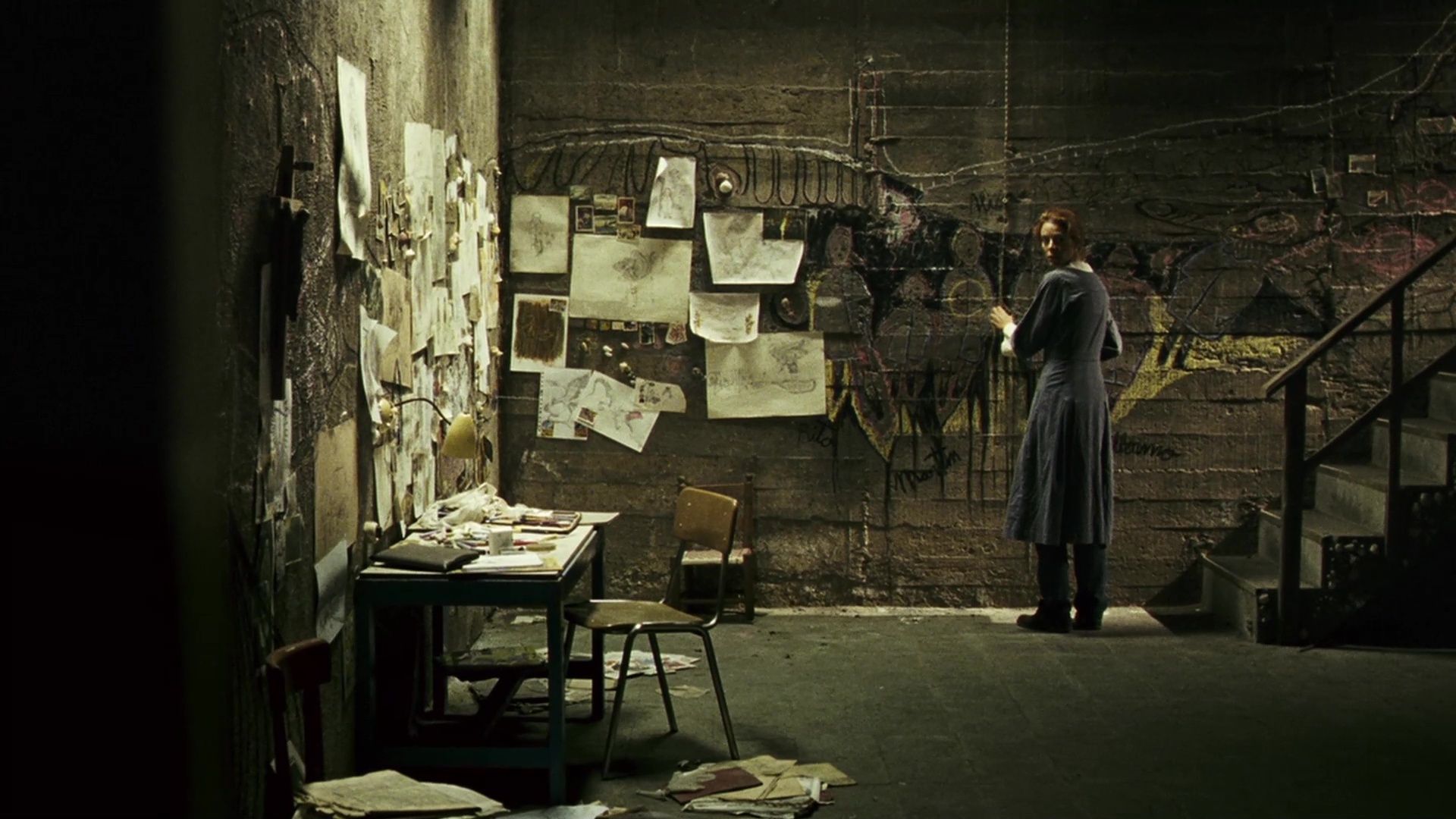
Sergio G. Sánchez’ screenplay walks a clever line, finding a rational frame for what Laura is going through while also leaving room to suggest the inexplicable. Bayona uses subtle stylistic flourishes to suggest the paranormal intruding into Laura’s world, always making sure we experience those moments through her eyes – and pulling back so we can understand what it looks like to Carlos. But this is Laura’s story, and Rueda lets the character’s grief and confusion radiate through her entire body; the more we understand the story, the more painful her performance becomes, to the point where a happy ending seems impossible. And maybe it is. But The Orphanage finds one just the same.
Imprint’s double-disc set, contained in the label’s signature hardbox package, is built around an excellent presentation of the feature. The transfer – which carries the Lionsgate logo – is remastered from a 2K scan, with the Spanish-language soundtrack offered in 7.1 DTS-MA, 5.1 Dolby Digital and 2.0 LPCM.
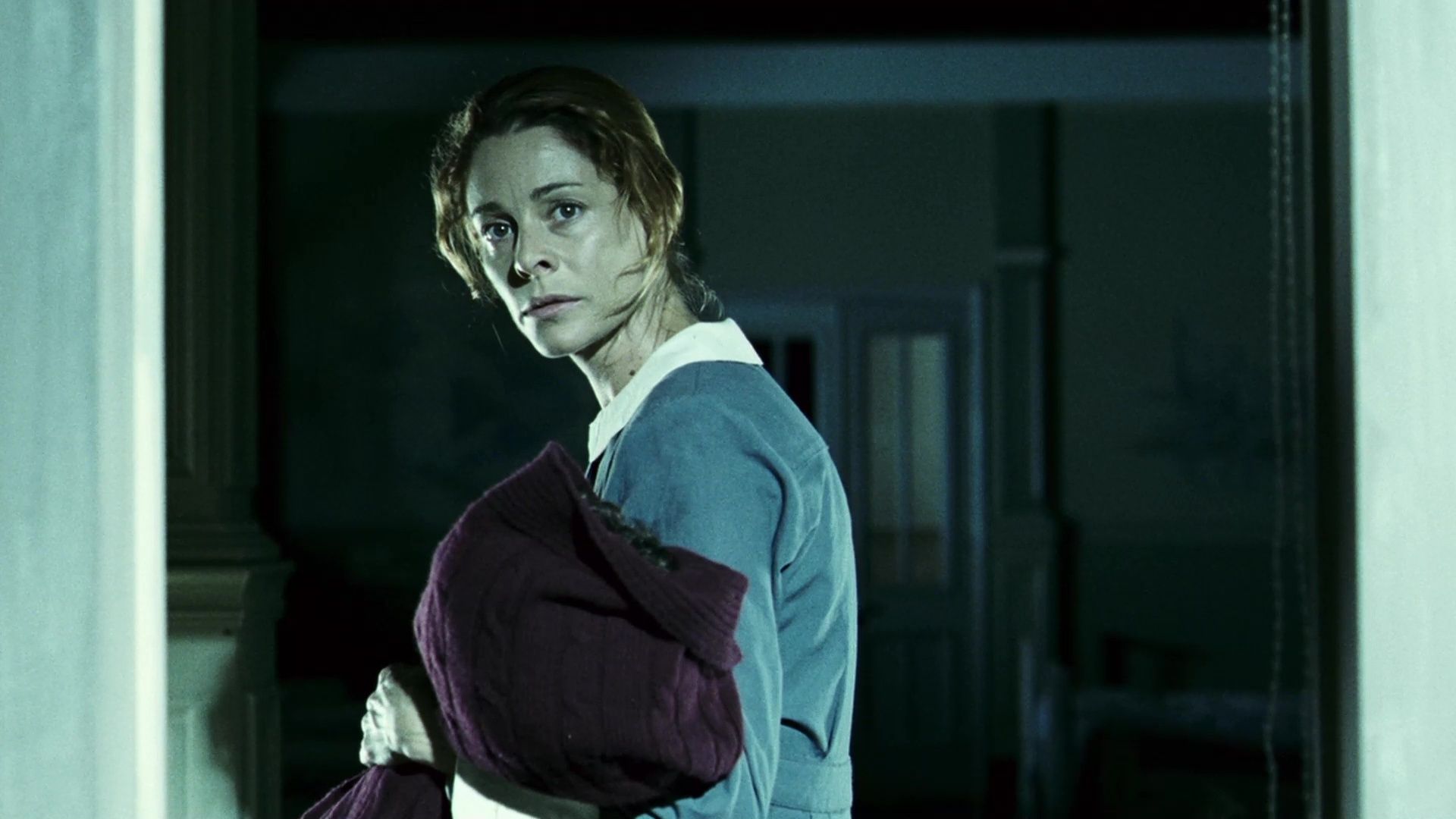
In addition to a plethora of supplements produced for the various international releases of The Orphanage, Imprint adds three new elements: There’s an audio commentary by critic and author Xavier Aldana Reyes, whose early description of the film’s specific subgenre as “trauma-based Gothic” honestly kinda nails it, and two video essays: Miranda Cororan’s “Small Spectres & Uncanny Children”, which considers The Orphanage’s pint-size quasi-antagonists in the larger context of horror movies, and Dr. Rachel Knightley’s “Guilt As Identity”, which echoes and builds on Aldana Reyes’ commentary classification.
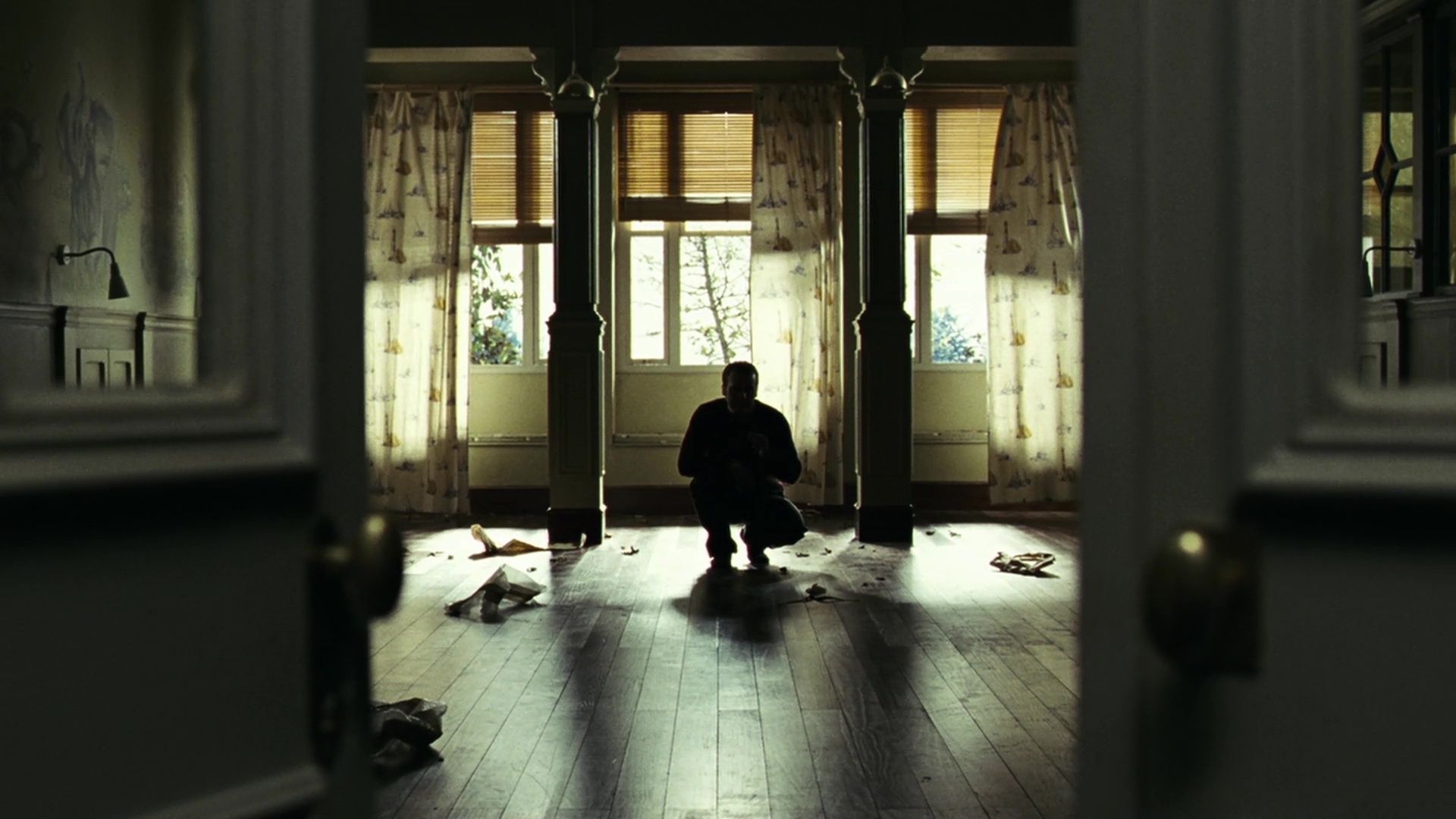
Archival extras on Disc One include twenty minutes of deleted scenes, including an alternate opening and ending, storyboard comparisons, a featurette on the credit sequence, teasers and trailers from both the Spanish and American theatrical campaigns and, most charmingly, a short featurette with Bayona and Del Toro discussing the film in an editing bay in Budapest— “the porn capital of the world, GDT says helpfully.
Disc Two offers the four featurettes produced for New Line’s original Blu-ray (“When Laura Grew Up: Constructing The Orphanage”, “Tomas’ Secret Room: The Filmmakers”, “Horror in the Unknown: The Make-Up Effects” and “Rehearsal Studio: Cast Auditions and Table Read” – which, at under four minutes, feels much shorter than it wants to be), and a few more that appeared on the Optimum disc in the UK, including closer looks at the sets, sound, cinematography and casting, and a fairly standard production featurette.
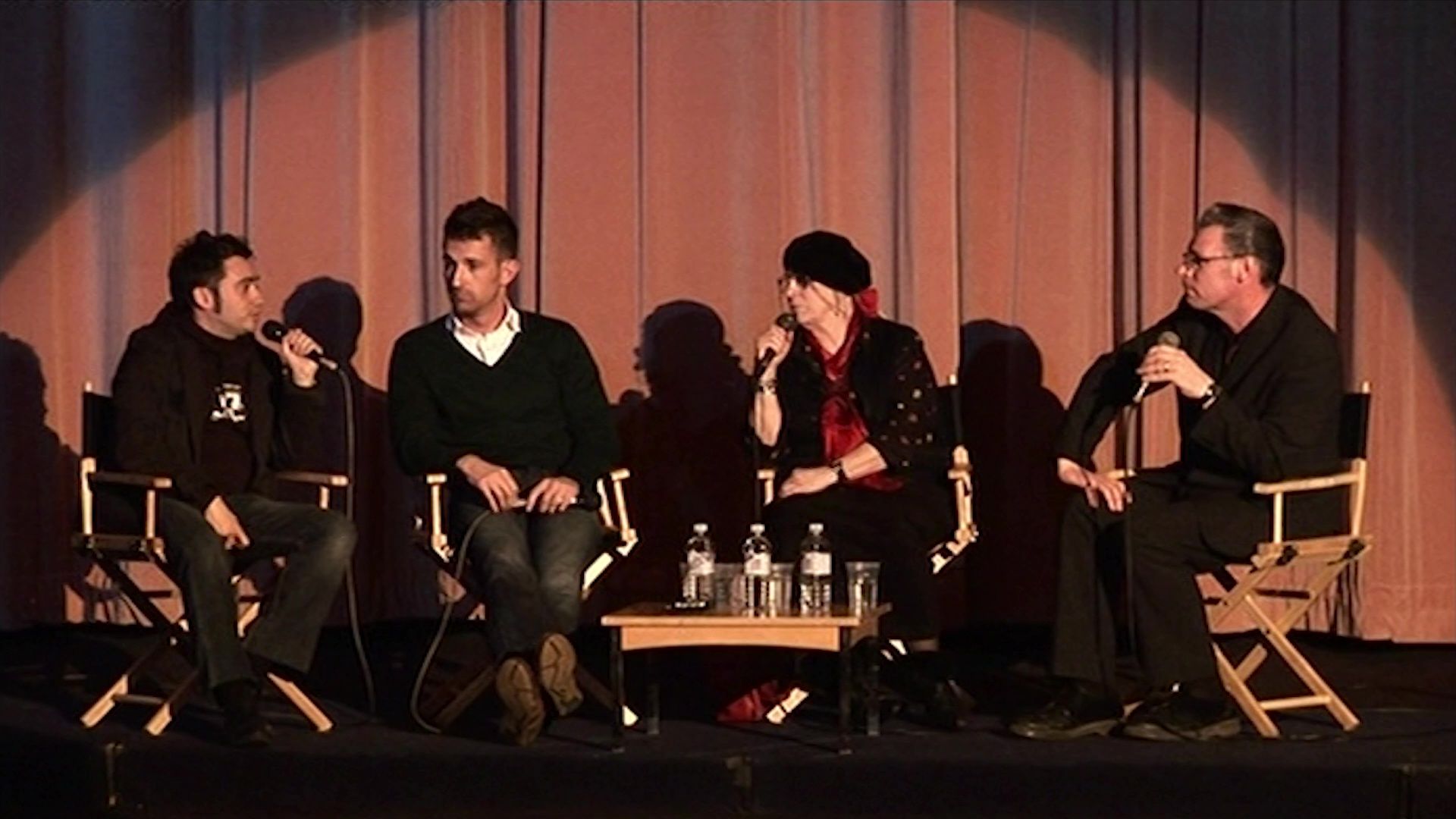
The highlight of the platter, and the deepest dive in the set other than the commentary track, is a 40-minute Q&A with Bayona and sound designer Oriol Tarrago, moderated by the ever-reliable Mark Kermode after a screening at the Curzon Mayfair in London. It’s not the most visually interesting segment, but the conversation is excellent and wide-ranging, with Bayona going into considerable detail on the film’s themes and techniques.
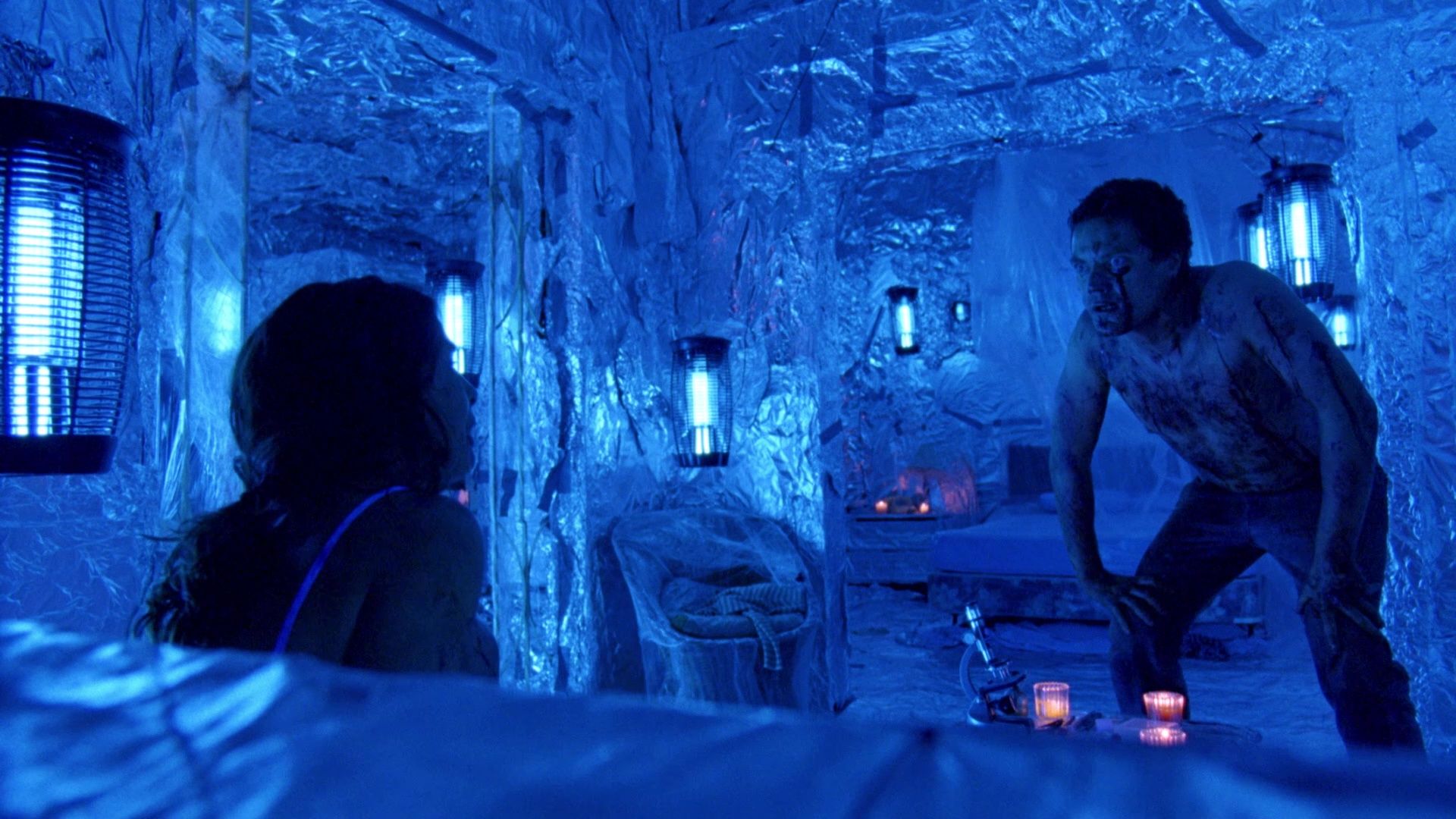
A domestic Blu-ray of Bug had been expected for years, but it never materialized; the Imprint disc looks and sounds great, faithfully replicating the transition of Michael Grady’s cinematography from naturalistic lighting to eye-searing fluorescent and UV tones as Agnes and Peter grow more paranoid and desperate. And unlike most of Friedkin’s library it doesn’t appear to have been tweaked to fit whatever new ideas he had about color timing or lighting; this looks pretty much like it did when I saw it projected.
Audio is offered in 5.1 DTS-MA; a 2.0 LPCM mix is also included, as are the supplements produced for Lionsgate’s original DVD – Friedkin’s audio commentary and the wide-ranging half-hour featurette in which he reflects over his entire career, a theatrical trailer and an EPK featurette that stresses the intensity of the project while also making sure to remind the viewer that Ashley Judd is just playing pretend. Imprint also adds a new commentary from Troy Howarth and Tony Strauss that recounts the film’s production and reception, and its place in Friedkin’s filmography. (They’re fans.) It’s a very good disc, and given that Kino Lorber’s 4K disc has apparently been scrapped, this is likely to be the best release of Bug we see for a while. Grab it while it’s hot.
I should also mention the label is running a Black Friday sale through November 24th, offering 25% off all catalogue titles site-wide (make sure to enable that deal) and additional discounts on bundles and returns. And the exchange rate is very nice right now. Just give me a minute to snag a copy of The Apostle before you go to town.
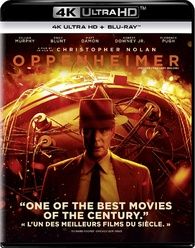
Oh, and speaking of snagging things: IT’S CONTEST TIME! To celebrate next week’s release of Christopher Nolan’s Oppenheimer on disc – which Nolan says has been meticulously engineered to bring the film’s theatrical impact to home theaters – Universal Studios Home Entertainment is offering Shiny Things readers the chance to win a copy of the 4K/Blu-ray combo set.
Just e-mail normwilner@gmail.com before 12pm ET on Monday, November 20th with the subject line “Oppenheimer!” and tell me the title of your favorite Nolan film; three winners will be selected at random to receive a set. I promise I will not skew the draw to favor people who pick Memento. (It's still his purest work. I don’t make the rules.)
Bug and The Orphanage are available now from Via Vision Entertainment, and as imports at video stores of distinction around the world. (Bay Street Video has ’em in Toronto, if you’re looking.)
In this weekend’s paid edition: Harrison Ford. Tommy Lee Jones. Newly restored in 4K. Want to know more? Upgrade that subscription!
